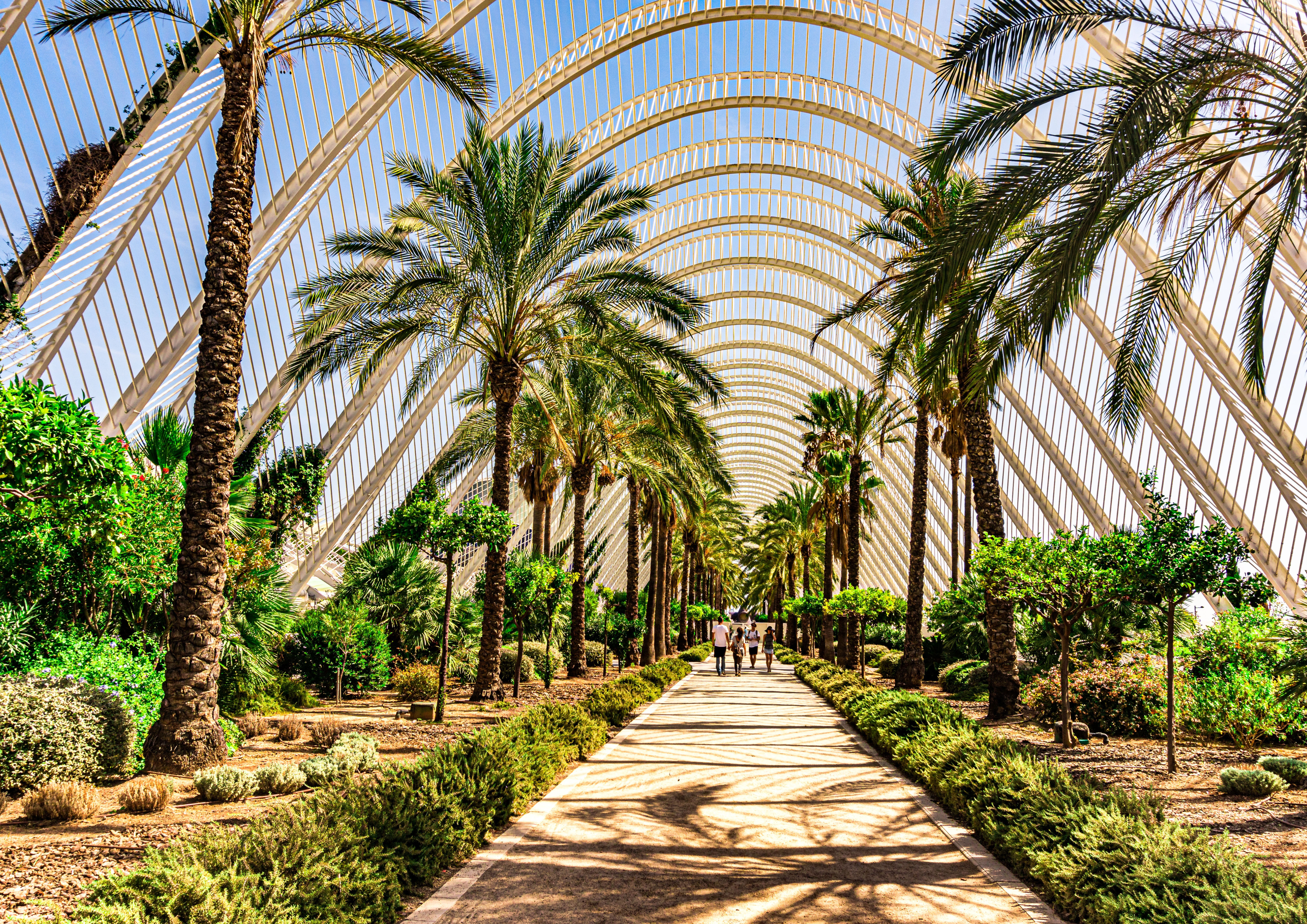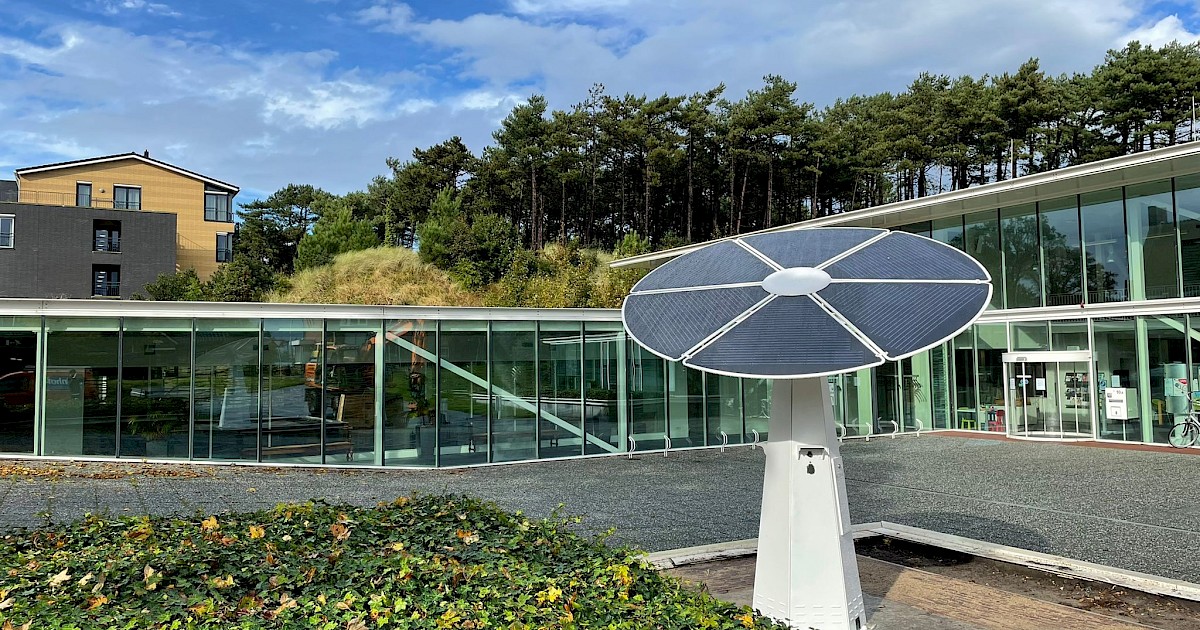Despite the substantial efforts made by agribusinesses to lessen their influence on the environment and the increasing eco-efficiency of production, the sector nevertheless exerts a lot of environmental pressure on the nearby ecosystems. The biggest impact is felt in crop protection, eutrophication and acidification, carbon footprint, etc. The trend is unmistakably detrimental for other problems, such as the biodiversity crisis, for which agriculture bears some responsibility. According to SALV, a government-made environmental and climate policy that uses new and improved tools to make the environment more sustainable throughout the entire food system, from the supply side to the demand side, while ensuring the legal and practical security of the sector, could be an opportunity to resolve these issues. When looking for solutions, a social, economic, and agricultural perspective is essential for the effectiveness of environmental and climate policy.

The regions of Flanders and Wallonia adopt distinct approaches each to address the challenge of sustainable agriculture. This primarily for the fact that each region has vastly different agricultural systems in some areas. Wallonia predominantly specializes in cattle and arable farming, whereas Flanders exhibits a greater emphasis on fruit and vegetable cultivation. Additionally, Wallonia looks towards France, drawing inspiration from its well-established nature-inclusive farming model, while Flanders takes cues from the intensive, high-tech, and export-oriented agricultural model of the Netherlands.

Looking specifically into pesticides as a focus point, we find a real issue for building a sustainable agriculture model. Pesticides have been included in our cultivating processes for a long time now, however, they are starting to represent a real danger for our ecosystem and environment. They contaminate water, soils, turf, plants, and even threaten our health. Unfortunately, the Belgian agriculture sector is by far the biggest industry user of pesticides (94% in 2019) if compared to horticulture and farming. Therefore, reducing the amount of pesticides used in agriculture is one of the main challenges Belgium faces in order to reach a sustainable agriculture model.
Despite the divergent farming models in Flanders and Wallonia and the high use of pesticides, both regions have successfully collaborated to promote more sustainable plant protection products, resulting in a 20% reduction in the overall use of pesticides across Belgium during this last decade. This concerted effort has propelled the country into the top five rankings in the European Union for reducing the utilization of crop protection products. Consequently, Belgium has achieved a significant reduction of 35% in the risks associated with the use of these substances.

The nitrogen problem in their region is a topic of ongoing discussion with the Flemish government. The administration reached a deal in March 2023 after acknowledging the impact that agriculture was having on the environment. The additional funding for environmental restoration and the decrease in the pig herd, according to Bond Beter Leef Mileu, are the benefits. Blind faith in technological advancements, however, does not deal with the basis of the nitrogen problem and is still a dangerous course for farmers to take in the future.
By 2030, the nitrogen deposition in nature must be cut in half per the accord. The restoration of nature, buy-out programs, and investment support for farmers are all receiving funding from the Flemish government totaling 3.6 billion euros. About half of this is meant to repair the harm caused by nature. This is a significant sum, according to Bond Beter Leef Mileu, but it still pales in contrast to the Netherlands’ contribution of 31 billion euros. This agreement lays a strong emphasis on technological measures because there isn’t a strategy for agricultural growth that is focused on the future. In reality, these “techno fixes” frequently fail to achieve the promised reductions, exacerbate other environmental pressures (such as water scarcity), and lead to a lock-in situation if further cuts are found to be necessary after 2030. Furthermore, this technical optimism runs the risk of distracting us from addressing the crisis’s primary cause: the agreement does not address the import of nitrogen in the form of fertilizers and animal feed.
Supporting farmers as they transition to more land-based livestock production with fewer animals and more self-supplied feed is a more rational action to take in order to lessen the total environmental impact and health hazards over the long term. Central to the implementation of this agreement must be guidance for farmers who wish to work on it.

Nature-inclusiveness in agriculture is the fact of supporting sustainable methods aiming for resilient food and ecosystem. In order to support this cause, Wallonia and Flanders incorporated methods such as green cover crops and crop rotation to guarantee better soil health and more biodiversity. Although their efforts are visible, with Flanders looking out for mosaic forests, and Wallonia to robust forests, there is still considerable space for improvement. And to fill this space, regional research institutes have started taking incentives and participating in programs financed by the EU for functional agrobiodiversity and seed mix advisory tools.
Lots of innovations have irrupted in the tech sector and many solutions have been found to face the issue of environmental impact of farming, but unfortunately the agricultural sector isn’t the one who’s allocated the most means to pursue those goals. For this reasons, certain private companies like Lidl or Colruyt have taken the initiative of compensating their farmers for their climate efforts, which has shown itself very useful to reduce CO2 emissions locally. Other sources of support can be found, for example the Flemish government has incorporated the strategic CAP plan and the CarbonCounts LIFE project.

Concrete measures for agriculture
The Dutch ministry of agriculture, nature and food quality in the Netherlands has published the Flemish investment plan from 2021. In this plan the following measures from the Flemish investment plan are described with a accompanying budget, which specifically apply to the agricultural sector. These measures are:
- 1.99 million euros subsidy for the ‘Praktijkcentra Plant’ partnership for the ‘Smart combination of crop selection and technology for profitable climate-robust agriculture and horticulture’.
- 4 million euros for calls for projects from the agricultural and horticultural sector on cooperation with regard to entrepreneurship, digitization and knowledge sharing.
- 6 million euros as subsidies for the implementation of measures with a favorable effect on the environment, climate or biodiversity.
- 925,000 euros for the measure ‘increasing the effective organic carbon content in arable land through the cultivation plan.
- 10 million euros for the spending framework funds project call ‘Reuse Residual Water.
- 4 million euros for the spending framework funds for the ‘Realization of Protein Strategy’ project call: for collaborative projects to make the protein supply in Flanders more sustainable (including making it more water and climate-friendly) and to broaden it.
- 2 million euros as a subsidy for ILVO for the project ‘FutureAdapt: ‘Future-proof’ crops for the Flemish farmer.
- 1.5 million euros for the Asbestos Reduction Policy Protocol for the agricultural and horticultural sector (for the collection, removal and processing of dismantled asbestos cement roofs from farmers)
- 25 million euros for defragmenting the Flemish landscape.
Get in Touch!
If you are interested in this country, or you would like to expand to one of the other main markets in the Americas or Europe, contact us via the form, and we will get back to you shortly.
Related
Trending Blog

Doing Business in Spain: Patience is a Virtue
Spain, the fourth-largest economy in Europe, presents tremendous opportunities for Dutch entrepreneurs looking to expand their businesses. However, patience is the key to success in this fascinating market!




